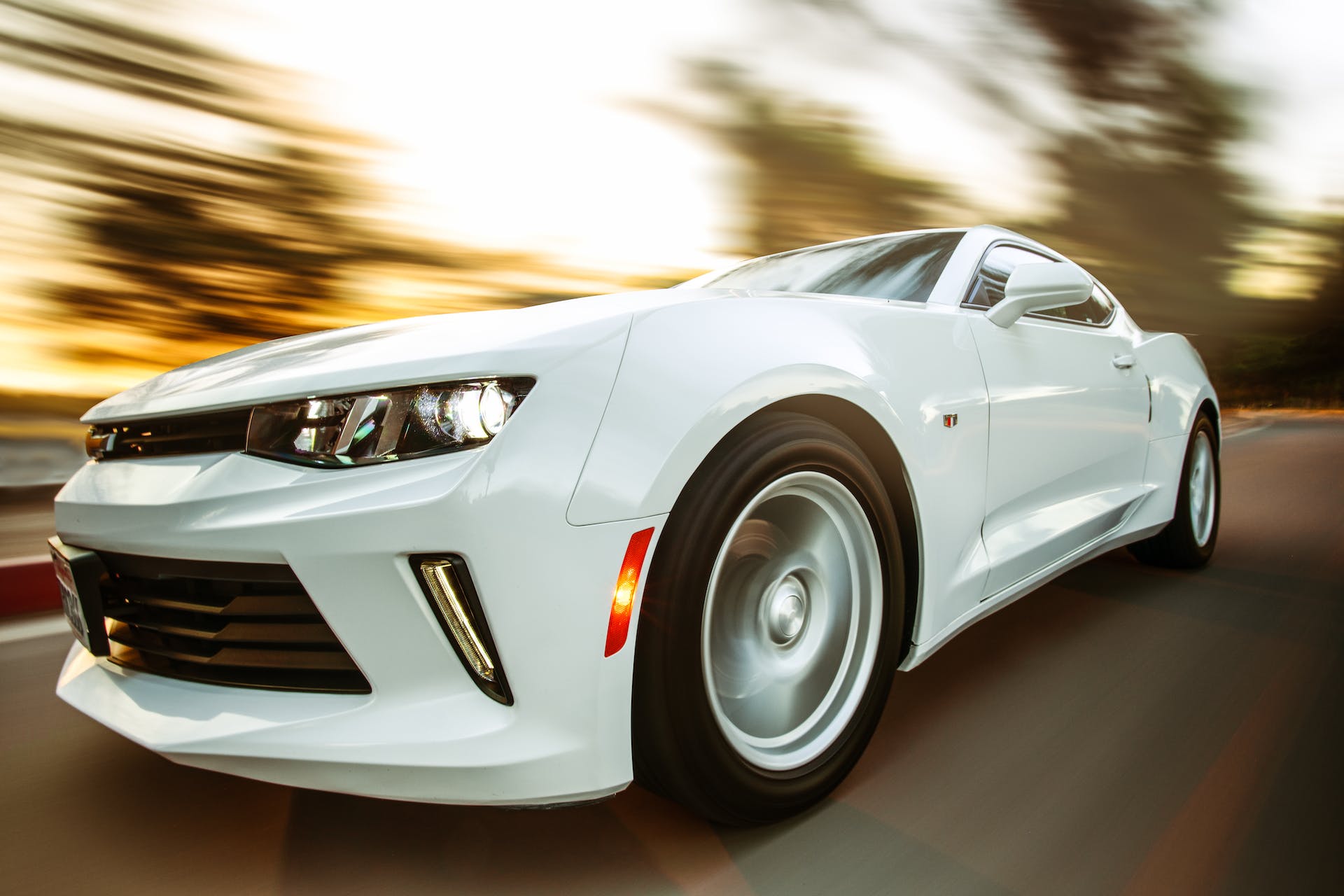When it comes to car insurance, you might have heard about something called "gap insurance." It's like an extra layer of protection for your car, especially when life throws unexpected twists like accidents or theft your way. So, what exactly is gap insurance, how does it work, and do you need it? Let's break it down without the fancy jargon.
What is Gap Insurance?
Gap insurance, or Guaranteed Asset Protection insurance, is like a financial safety net for your car. It's not your regular auto insurance that covers repairs or replacements after accidents. Instead, gap insurance steps in when your car is totaled or stolen, helping you pay off your auto loan. It's the hero that covers the gap between what you owe on your loan and the depreciated value of your car.
How Does Gap Insurance Work?
Imagine this: you've got a shiny new car, and life takes an unexpected turn. Your car is in an accident, and it's deemed a total loss. Regular insurance covers the current value of your car, which might be less than what you owe on your loan. This is where gap insurance steps in. It pays the difference between what your regular insurance covers and what you still owe on your auto loan.
For example, let's say your car is valued at $20,000, but you still owe $25,000 on your loan. If your car is totaled, regular insurance might cover $20,000. The remaining $5,000? That's where gap insurance comes to the rescue, ensuring you don't have to dig deep into your pockets to settle the loan.
Who Needs Gap Insurance?
Now, you might be wondering if gap insurance is for everyone. The truth is, it depends on your situation. Gap insurance is particularly handy for:
- New Car Owners:
- If you've just driven off the dealership with a brand-new car, its value depreciates quickly. Gap insurance helps protect your investment during these early days.
- Buyers with Small Down Payments:
- If you made a small down payment or opted for a longer loan term, the gap between the car's value and your loan amount might be wider. Gap insurance bridges that gap.
- Leaseholders:
- If you're leasing a car, gap insurance is often a requirement. It ensures you're not left with a hefty bill if the leased car is declared a total loss.
Is Gap Insurance Worth It?
Now, the big question – is gap insurance worth it? To answer that, let's do a quick comparison. Imagine you're in a situation where your car is totaled, and you still owe a significant amount on your loan. Without gap insurance, you might find yourself with an unexpected financial burden. With gap insurance, that burden is significantly lighter.
To decide if it's worth it, consider your car's depreciation rate, your loan terms, and your financial situation. Many insurance providers offer gap insurance as an optional add-on to your auto insurance policy, and the cost is often reasonable compared to the potential financial hit without it.
In conclusion, gap insurance acts as a financial safety net, ensuring you're not left in a financial hole if your car is totaled or stolen. While it might not be necessary for everyone, it's a valuable consideration for those with new cars, small down payments, or lease agreements. As you navigate the world of car ownership, having gap insurance can be the bridge that brings you peace of mind on the road.
